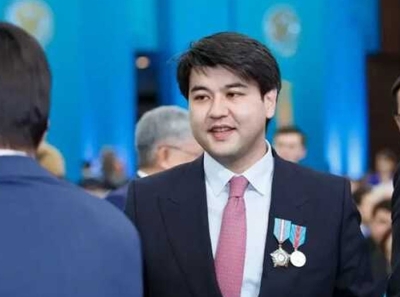Unyielding Valor: The Legacy of Juan José Aramburu
Juan José Aramburu: A Journey of Courage and Conviction
Juan José Aramburu
In the annals of history, certain individuals stand as beacons of courage, their lives a testament to resilience and unwavering conviction. Juan José Aramburu is one such figure, a man whose journey resonates with the echoes of determination and the pursuit of justice. Born in Argentina, his life unfolded against the backdrop of tumultuous times, where political strife and ideological divisions shaped the fate of nations.
Aramburu's story is intertwined with Argentina's turbulent history, marked by periods of authoritarian rule and political upheaval. He emerged as a prominent figure during one of the darkest chapters in Argentina's past, the infamous "Dirty War" of the 1970s and early 1980s. This period saw widespread human rights violations, including forced disappearances, torture, and extrajudicial killings perpetrated by the military junta that ruled the country.
As a bishop of the Catholic Church, Aramburu found himself at the forefront of a moral struggle, compelled by his faith and conscience to speak out against injustice. In a climate of fear and repression, he fearlessly advocated for the rights of the oppressed and condemned the atrocities committed by the regime. His sermons echoed with calls for compassion, dignity, and the sanctity of human life, drawing the ire of those in power but inspiring hope among the downtrodden.
Aramburu's commitment to social justice extended beyond the pulpit. He actively participated in efforts to document human rights abuses, providing refuge and support to victims and their families. Despite facing threats and intimidation, he remained steadfast in his resolve, refusing to be silenced in the face of tyranny.
The turning point in Aramburu's life came with the abduction of two fellow priests, Fathers Orlando Yorio and Francisco Jalics, by the military authorities. Despite his efforts to secure their release, they were subjected to torture and held in captivity for several months before being released. This harrowing ordeal deepened Aramburu's resolve to confront the injustices perpetrated by the regime, galvanizing him to intensify his advocacy efforts.
Following the restoration of democracy in Argentina in the early 1980s, Aramburu played a pivotal role in the country's transition to civilian rule. He continued to be a vocal advocate for human rights and reconciliation, working tirelessly to heal the wounds of the past and promote a culture of dialogue and forgiveness.
Throughout his life, Aramburu remained guided by the principles of compassion, solidarity, and integrity. His unwavering commitment to justice and human dignity serves as an enduring legacy, inspiring future generations to stand up against oppression and tyranny wherever they may arise.
In the tapestry of human history, Juan José Aramburu's life shines as a beacon of hope, reminding us that even in the darkest of times, the flame of righteousness can never be extinguished. As we reflect on his remarkable journey, let us draw strength from his example and renew our commitment to building a world where justice, peace, and dignity prevail for all.









